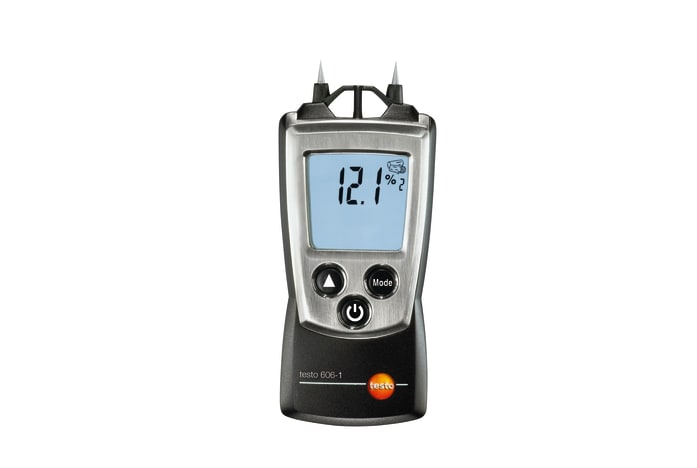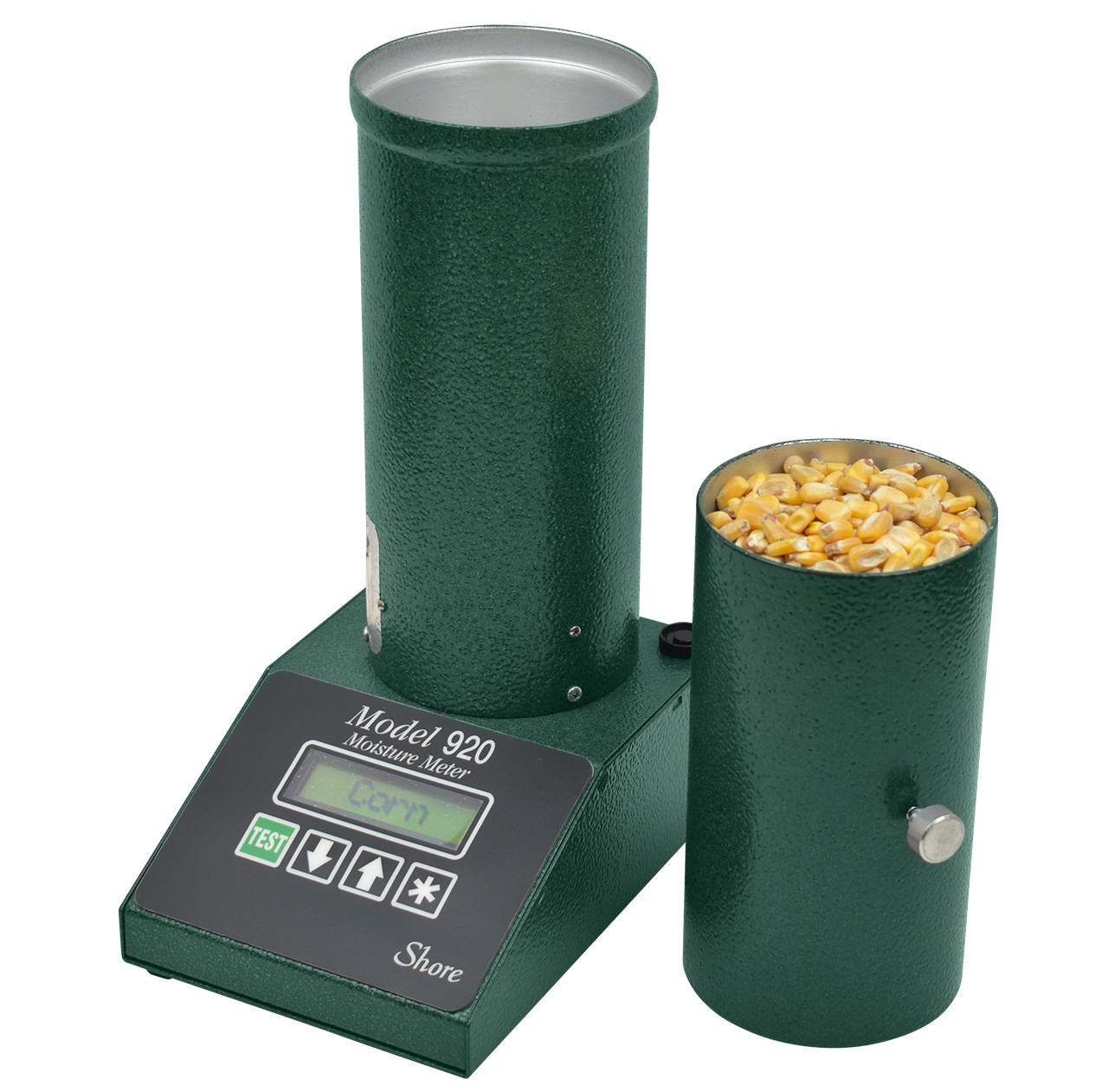Moisture Meter Reviews: Contrasting the most effective Models for Professional and DIY Use
Moisture Meter Reviews: Contrasting the most effective Models for Professional and DIY Use
Blog Article
The Ultimate Overview to Moisture Meters: A Comprehensive Overview and Exactly How They Can Conserve You Money
In the world of building upkeep, building and construction, and various industries, the importance of properly determining dampness levels can not be overemphasized. Dampness meters work as crucial devices in identifying and monitoring moisture web content in materials, aiding in avoiding costly problems and making sure the quality of items. Comprehending the nuances of different sorts of wetness meters, their applications, and the potential cost-saving benefits they provide can be a game-changer for professionals and organizations alike. Finding just how these tools can not only streamline procedures but additionally contribute to economic savings is a trip worth starting.
Kinds Of Moisture Meters
One usual type is the pin-type moisture meter, which determines the electric resistance in between two pins placed into a product. Pinless moisture meters, on the various other hand, usage electromagnetic sensor plates to scan a bigger location without triggering damages to the product's surface area.
Moreover, there are likewise specialized dampness meters created for details materials like soil, hay, or grain. These meters provide accurate moisture readings tailored to the special residential properties of the product being evaluated. Infrared wetness meters determine the thermal homes of a product to establish its dampness web content non-invasively, making them valuable for applications where pin or pinless meters might not be ideal. Understanding the different kinds of moisture meters available can help industries choose one of the most ideal tool for their particular moisture dimension needs.

Advantages of Utilizing Moisture Meters

In addition, using wetness meters can bring about increased power effectiveness. By identifying locations with high dampness levels, such as leaks or poor insulation, modifications can be made to enhance power preservation and lower energy expenses. In agricultural setups, wetness meters play an essential function in enhancing plant returns by making it possible for farmers to monitor dirt moisture degrees and make educated watering choices. On the whole, the advantages of making use of dampness meters extend across different markets, supplying economical options and advertising much better quality control practices.
Exactly How to Choose the Right Moisture Meter
Selecting the ideal moisture meter includes thinking about key variables such as product compatibility, dimension range, and calibration precision. When selecting a moisture meter, it's important to ensure that the meter appropriates for the certain material you will certainly be testing. Various materials have differing electrical residential properties that can affect dampness readings, so picking a meter developed for your material is vital for accurate outcomes. Additionally, take into consideration the measurement variety of the moisture meter. Make sure that the meter Read Full Report can spot dampness levels within the variety needed for your applications. Calibration precision is another essential element to bear in mind (Moisture Meter). Choose a dampness meter with reputable calibration to make sure consistent and exact analyses. Some meters may need regular calibration changes, so comprehending the calibration procedure is important. By very carefully evaluating these elements, you can select a dampness meter that meets your needs and gives precise their explanation dampness measurements for your jobs.
Appropriate Techniques for Moisture Meter Usage
To make certain exact wetness analyses and take full advantage of the performance of a moisture meter, employing appropriate strategies is vital. When making use of a pin-type dampness meter, insert the pins or probes into the material being evaluated up until they make complete call. Ensure the pins are perpendicular to the surface to get the most accurate analysis. For pinless dampness meters, hold the gadget level versus the product and relocate it slowly to cover the entire area for an ordinary reading. It's essential to calibrate the dampness meter according to the product being examined to boost precision. Take numerous analyses across the surface area and ordinary them out for an extra reliable result. Additionally, ensure that the material being checked is adapted to the setting to avoid manipulated readings. Regular maintenance of the moisture meter, such as cleansing the pins or sensing unit, is likewise important to guarantee exact and regular readings. By following these correct strategies, individuals can rely upon their moisture meter to provide reliable wetness levels, aiding in protecting against expensive damage or guaranteeing quality in numerous applications.

Expense Savings Via Moisture Meter Applications
Exactly how can the strategic utilization of dampness meters lead to substantial cost financial savings throughout various sectors? Moisture meters play a critical role in expense financial savings by stopping possible damage and making certain site link quality control in various fields. In the agriculture market, moisture meters aid in figuring out the optimal time for gathering plants, protecting against over-drying or excess dampness that can affect the last item's quality. This accurate tracking aids farmers avoid unneeded losses and maximize their yield.

Furthermore, in the food processing industry, moisture meters are important for keeping track of product quality and guaranteeing compliance with safety policies. By accurately measuring moisture content in food, manufacturers can stop perishing, preserve freshness, and decrease waste, resulting in significant cost financial savings. On the whole, the tactical application of wetness meters is an important investment that can bring about significant expense reductions and improved performance across various sectors.
Verdict
To conclude, wetness meters are valuable devices for identifying and gauging wetness levels in numerous materials. By utilizing the appropriate wetness meter and following correct techniques, customers can successfully avoid costly problems triggered by excess dampness. Investing in a high quality dampness meter can lead to significant price savings in the lengthy run by determining possible problems early on and making it possible for timely removal. Ultimately, dampness meters are vital tools for preserving the honesty and longevity of structures and products.
Dampness meters serve as indispensable devices in identifying and keeping an eye on moisture web content in products, aiding in avoiding expensive problems and making certain the top quality of items. Infrared moisture meters measure the thermal properties of a material to determine its wetness material non-invasively, making them beneficial for applications where pin or pinless meters might not be suitable.Moisture meters provide vital benefits in properly monitoring and assessing dampness degrees in diverse materials and atmospheres. In agricultural settings, moisture meters play an essential role in optimizing plant returns by making it possible for farmers to monitor dirt dampness degrees and make notified irrigation decisions.In conclusion, dampness meters are beneficial devices for determining and discovering moisture levels in various products.
Report this page